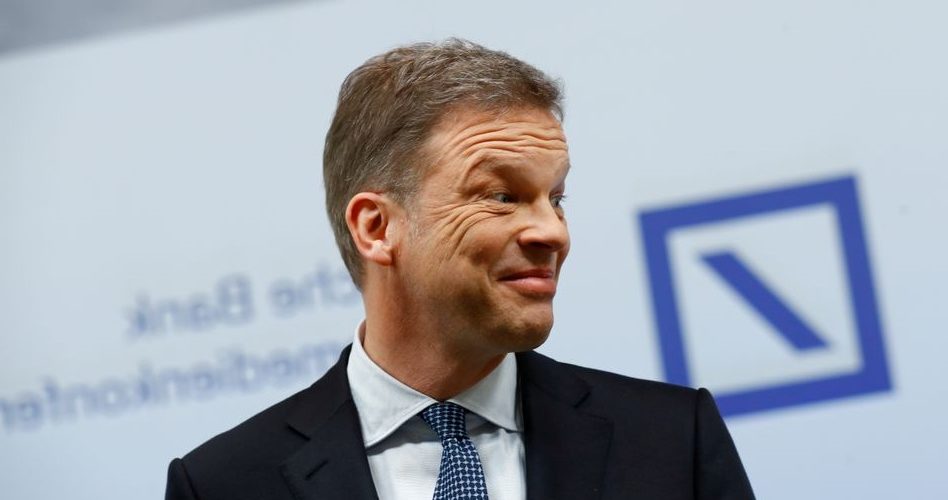Despite the corona crisis, Deutsche Bank is making an annual profit for 2020 – for the first time in six years. Despite criticism, CEO Sewing is sticking to a strong role for investment banking.
In 2020, Deutsche Bank made a profit for the first time in six years. “In the most important year of our restructuring, we succeeded in more than compensating for the transformation costs and the increased risk provisioning – despite the global pandemic,” said CEO Christian Sewing (59) on Thursday. The bottom line – after deducting interest payments for subordinated bonds – was a profit of 113 million euros. In 2019, the largest German financial institution had accumulated a loss of 5.7 billion euros due to the costs of the group restructuring. After initial gains, the share recently lost 2.3 percent.
Last year, investment banking went particularly well – as with other banks. It was the only line of business in which the bank could increase its earnings. In the past year, Sewing, contrary to earlier intentions, once again attached greater importance to investment banking and made it more responsible for earnings growth. In the business with private and corporate customers, on the other hand, the corona crisis and low interest rates left their mark, and revenues fell.
Due to the economic consequences of the Corona crisis, risk provisioning for bad loans increased significantly to 1.8 billion euros, but was at the level communicated by the bank in December. The costs fell by 15 percent to 21.2 billion euros. In 2020, before taxes, there was a profit of one billion euros on the balance sheet, after a loss of 2.6 billion euros in the previous year. Sewing gave a confident outlook. With last year’s result, the company’s own expectations were exceeded, he said. “We are sustainably profitable and confident that the overall positive trend in 2021 will continue even in these difficult times.” The bank sees itself in a good position to achieve the expected return on equity of eight percent in 2022.
Investment banking achieved a pre-tax profit of 3.2 billion euros last year – after 502 million euros in 2019. The long loss-making division thus provided practically the entire profit of the core bank, i.e. the areas without the Group’s own dismantling unit for contaminated sites. The private customer bank recorded a pre-tax loss of 124 million euros for 2020 as a whole.
Trading in bonds and currencies flourished, and the advisory and issuing business did very well. The income – i.e. the total income – in the investment bank increased within a year by a third to 9.3 billion euros. In the entire group, income climbed from around 23.2 billion to a good 24 billion euros. The development in investment banking had become apparent: Competitors such as Goldman Sachs and JP Morgan or the major Swiss bank UBS benefited from turbulent stock exchanges and strong investment banking in the past year.
Sewing believes that strong investment banking is sustainable
Sewing expects the strength in investment banking to continue. Last year’s development made him confident that the earnings growth would be largely sustainable, even if the markets were likely to normalize again, Sewing wrote in a letter to around 85,000 employees of the group. “A very good start to the new year has strengthened our confidence completely.” In the second half of the year, the bank gained market share over US competitors, and many important customers were doing significantly more business with the institute again.
Regulators and some analysts criticize the fact that the volatile capital market business is once again playing such an important role for Deutsche Bank. Sewing actually wanted to achieve more balance between the individual divisions through the group restructuring initiated in summer 2019. The renovation will cut 18,000 jobs worldwide.

